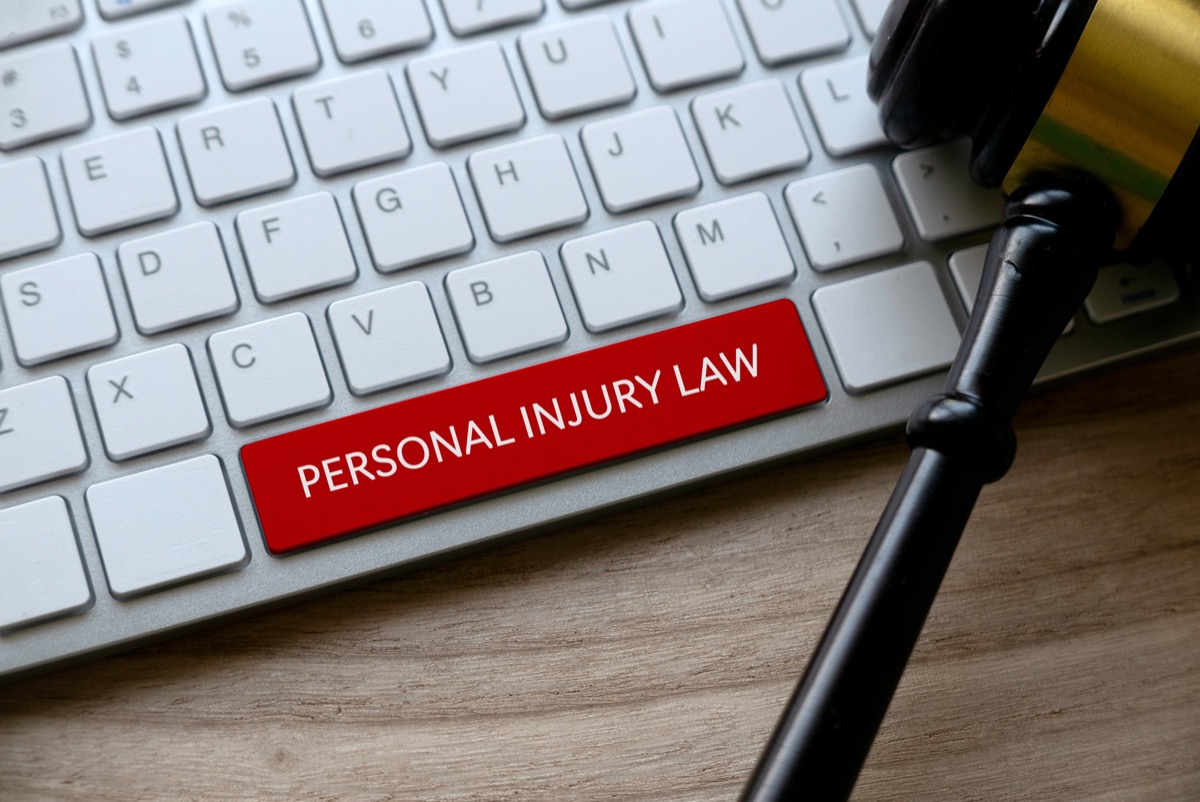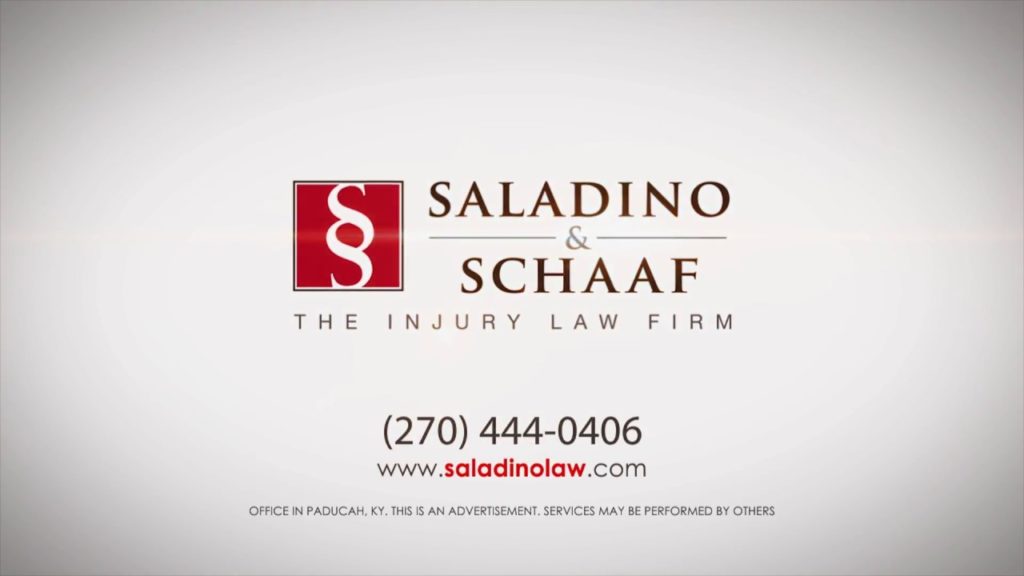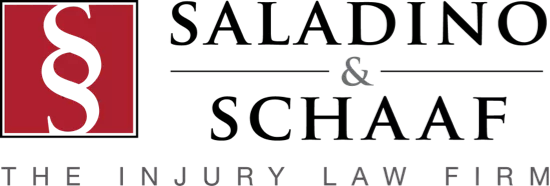Personal injury refers to any harm an individual suffers due to another person’s action or inaction. This harm can manifest in various forms, such as physical injury, emotional trauma, or financial loss. Personal injury claims, therefore, are legal actions taken by the injured party (plaintiff) against the person or entity responsible (defendant), seeking compensation for the damages they have incurred.
Understanding personal injury claims is essential because accidents and injuries can occur unexpectedly and significantly impact your life. If you find yourself in such a situation, knowing your rights and the steps you can take to secure appropriate compensation is vital. This comprehensive guide will serve as a resource to help navigate the complex world of personal injury law, providing insights into the different types of personal injury claims, the role of negligence, the claims process, and much more.
Understanding Personal Injury
Personal injury is a legal term that encompasses a wide range of injuries incurred due to another party’s negligence, intentional actions, or strict liability. It’s not confined to physical injuries, like broken bones or cuts, but also includes emotional and psychological harm, such as stress, anxiety, or post-traumatic stress disorder (PTSD).
The Role of Negligence in Personal Injury Claims
Negligence is a critical element in many personal injury claims. It refers to a party’s failure to act with the level of care that a reasonable person would have exercised under the same circumstances. To make a successful claim based on negligence, four elements must be established: the defendant had a duty of care towards the plaintiff, they breached this duty, the breach directly caused the injury, and the plaintiff suffered damages as a result.
Proof Required for a Personal Injury Claim
Proving a personal injury claim often requires thorough evidence gathering. Essential evidence can include medical records detailing the injuries sustained, accident scene photographs, eyewitness testimonies, police reports, and sometimes expert testimonies.
It’s also necessary to prove causation, meaning you must demonstrate that the defendant’s action (or inaction) directly resulted in your injury. This is typically one of the most challenging aspects of a personal injury claim and may require input from medical experts or accident reconstruction specialists.

Types of Personal Injury Claims
Personal injury claims range from simple slip-and-fall cases to complex medical malpractice suits. Each type of claim has unique characteristics and legal requirements, making it important to work with an attorney who has experience in the specific area relevant to your case.
Premises Liability
Premises liability involves injuries that occur due to dangerous or defective conditions on someone’s property. This could include slip and fall accidents, injuries from inadequate property maintenance, swimming pool accidents, or injuries from fires or explosions.
Product Liability
Product liability claims arise when a defective or unsafe product causes harm. Manufacturers, distributors, and sellers must ensure that their products are safe for use. Failure to meet this obligation can lead to injuries and, thus, product liability claims.
Workplace Injuries
Workplace injuries can range from minor incidents to severe, life-altering events, and they may occur in any industry or job type. These injuries could stem from accidents, unsafe work conditions, inadequate training, or failure to comply with safety standards and regulations.
Construction Accidents
Construction accidents often involve workers injured on construction sites. However, they can also include passers-by or residents harmed by construction activities. These cases can involve various parties, from construction companies and contractors to equipment manufacturers.
Nursing Home Abuse
Nursing home abuse claims involve harm inflicted on residents of nursing homes or long-term care facilities. This harm can be physical, emotional, or financial and can result from neglect or intentional harm.
Medical Malpractice
Medical malpractice claims stem from healthcare professionals causing harm through their negligence. This might involve misdiagnosis, surgical errors, improper treatment, or failure to obtain informed consent.
Car, Motorcycle, and Trucking Accidents
These types of accidents often result in serious personal injuries. Claims usually involve dealing with insurance companies and may implicate various laws specific to motor vehicle operations and liability.
Boating and Water Sports Accidents
Injuries from boating and water sports accidents can lead to personal injury claims, particularly when they result from someone else’s negligence, such as operating a boat while intoxicated or failing to provide proper safety equipment.
Wrongful Death Cases
A wrongful death claim is a specific type of personal injury claim made when a person’s negligence or intentional act results in another person’s death. The deceased person’s estate, through a representative, usually files this type of claim. It aims to recover damages for the losses associated with the death, such as funeral expenses, loss of companionship, and lost income.

The Claims Process
Personal injury claims can be complex and challenging to navigate, particularly when dealing with an injury’s physical and emotional impact. Here, we break down some steps involved in the process.
- Seek Immediate Medical Attention: The first priority after an injury is to seek medical treatment. Not only is this crucial for your health, but it also documents your injuries, which is vital for your claim.
- Document the Incident: As soon as possible after the incident, document what happened. This could include taking photographs of the scene, writing down what you remember, and gathering contact information from any witnesses.
- Report the Injury: Depending on the circumstances of the injury, you may need to report it to certain entities. For instance, car accidents should be reported to the police and insurance companies, while workplace injuries should be reported to your employer.
- Consult a Personal Injury Attorney: An attorney can provide guidance about your rights and potential next steps. They can also handle communications with insurance companies, who may try to minimize your claim.
- Investigation and Evidence Gathering: Your attorney will likely conduct an investigation, which may involve collecting evidence, interviewing witnesses, consulting experts, and determining the value of your claim.
- Filing an Insurance Claim or Lawsuit: Depending on your situation, you may need to file an insurance claim or initiate a lawsuit. In many cases, an insurance claim is the first step, with a lawsuit as a possibility if the insurance company refuses to offer a fair settlement.
- Negotiation and Settlement: Many personal injury claims are resolved through a negotiated settlement, which means you and the opposing party agree to a certain amount of compensation without going to court.
- Trial: If a fair settlement can’t be reached, your case may go to trial, where a judge or jury will determine the outcome.
Importance of Timelines in the Claims Process
Timelines are crucial in the claims process. There are often strict deadlines, known as statutes of limitations, for filing a personal injury claim. These vary by jurisdiction and the type of claim. If you fail to file your claim within the statute of limitations, you may lose your right to seek compensation. An attorney can help ensure you meet all necessary deadlines.
Emotional Suffering in Personal Injury Claims
Emotional suffering, also called “pain and suffering,” encompasses the mental and emotional distress experienced by a person following an injury. This could include depression, anxiety, post-traumatic stress disorder (PTSD), loss of enjoyment of life, or even personality changes. The severity and duration of emotional suffering vary significantly from person to person and depend largely on the nature and circumstances of the injury.
Role of Emotional Suffering in Personal Injury Claims
Emotional suffering plays a significant role in personal injury claims. In many jurisdictions, plaintiffs are entitled to compensation for emotional suffering as part of their “non-economic damages,” separate from tangible economic damages like medical bills and lost wages. It’s crucial to recognize that emotional suffering is just as real and valid as physical pain, and the legal system acknowledges this through potential compensation.
How Emotional Suffering is Quantified in Personal Injury Claims
Quantifying emotional suffering can be challenging due to its subjective nature. Unlike a medical bill, there’s no standard “price tag” for emotional distress. Courts and insurance companies often consider factors such as the severity of the initial injury, the level of physical pain, the duration of recovery, long-term physical limitations, and the impact on the plaintiff’s daily life. They may also consider testimony from mental health professionals.
Addressing emotional suffering in a personal injury claim is important despite its challenges. An experienced attorney can guide you in documenting your emotional distress and presenting a strong case for compensation.

The Role of Personal Injury Lawyers
Personal injury lawyers help individuals who have been injured due to the negligence or wrongdoing of others. They are skilled in negotiating with insurance companies, navigating the legal system, and advocating for their clients’ rights to fair compensation.
What to Expect During a Legal Consultation
During your initial consultation, your attorney will likely discuss the details of your case, and advise on possible legal strategies. They’ll also answer any questions you might have about the process. It’s a good idea to come prepared with relevant documents and a list of questions.
How Personal Injury Lawyers Gather Evidence
Personal injury lawyers gather evidence to support your claim. This might include medical records, police reports, photographs, surveillance footage, eyewitness testimonies, expert opinions, and any other relevant evidence.
Settlement Negotiations Explained
Most personal injury cases are resolved through settlement negotiations rather than going to court. Your lawyer will negotiate with the defendant’s attorney or insurance company on your behalf, aiming to secure fair compensation for your injuries. They will utilize the evidence collected to strengthen your position.
When and Why a Case Might Go to Court
Sometimes, a fair settlement cannot be reached. This could be due to disagreements over who was at fault for the accident or the extent of your damages. In such cases, your lawyer may recommend taking the case to court. This decision should be made based on a cost-benefit analysis, considering the potential reward of a higher payout versus the trial’s time, stress, and cost. Your attorney will guide you through this decision-making process.
Personal Injury Compensation and Coverage of Damages
Personal injury compensation is designed to “make the plaintiff whole,” or, in other words, to put the plaintiff in the position they would have been in had the injury not occurred. This compensation can cover various damages, ranging from tangible economic losses to more subjective non-economic losses.
Types of Damages in Personal Injury Claims
There are typically two main categories of damages in personal injury cases: economic and non-economic damages.
- Economic Damages: These are quantifiable monetary losses resulting from the injury. They include medical expenses, lost wages, loss of future earning capacity, and other out-of-pocket expenses related to the injury.
- Non-Economic Damages: These damages compensate for non-monetary losses and are more subjective. They include pain and suffering, emotional distress, loss of enjoyment of life, and loss of companionship or consortium.
In some cases, punitive damages may be awarded. These are not intended to compensate the plaintiff but rather to punish the defendant and deter similar conduct in the future. Punitive damages are only awarded in cases where the defendant’s conduct was particularly egregious or malicious.
How Compensation is Determined
The compensation you receive depends on many factors, including the severity of your injuries, the impact on your life, the defendant’s degree of fault, and your jurisdiction’s specific laws. While some damages, like medical bills and lost wages, can be calculated relatively objectively, others, like pain and suffering, require a more subjective evaluation.
The Role of Insurance in Personal Injury Compensation
In most personal injury cases, the defendant’s insurance company, not the defendant themselves, typically pays out the compensation. This might be an auto insurance company in a car accident case, a business’s liability insurance in a slip-and-fall case, or a malpractice insurance provider in a medical negligence case. It’s important to note that dealing with insurance companies can be complicated, and they often try to minimize payouts. A personal injury lawyer can help negotiate a fair settlement.
Do You Need a Personal Injury Lawyer?
Personal injury claims involve complex legal procedures, meticulous documentation, and tough negotiations. Understanding liability laws, assessing the true value of your damages, dealing with insurance companies, and adhering to legal timelines can be stressful, especially when trying to recover from an injury.
Benefits of Hiring a Personal Injury Lawyer
Personal injury lawyers can provide invaluable assistance during this challenging time. They bring knowledge of the law, negotiation skills, and experience handling similar cases. They can help gather evidence, build a strong case, negotiate a fair settlement, and represent you in court if necessary. Moreover, having a lawyer allows you to focus on your recovery while they handle the legalities of your claim.
Assessing If You Need a Personal Injury Lawyer
While not every minor injury case requires a lawyer, there are certain circumstances where their help can be critical. Here are some considerations:
- Severity of Injuries: If your injuries are severe, long-lasting, or permanently disabling, it may be wise to hire a lawyer. Determining the full impact of such injuries can be complex, and you’ll want to ensure you receive adequate compensation.
- Disputed Liability: If the party responsible for your injuries disputes their liability, it can complicate your claim. A lawyer can help prove the other party’s fault.
- Multiple Parties Involved: If your injury involved multiple parties, navigating the claims process can become more complex. A lawyer can help protect your rights and ensure you’re fairly compensated.
- Insurance Company Refuses to Pay: Insurance companies may refuse to make a fair settlement offer or even try to minimize payouts. A personal injury lawyer can help negotiate and fight for your rights.
If you’re unsure whether you need a lawyer, it’s usually worth scheduling a free consultation. A personal injury attorney can provide a better understanding of your legal options and the potential benefits of representation.
Saladino & Schaaf – The Injury Law Firm
If you or a loved one has been injured and need guidance on navigating a personal injury claim, the attorneys at Saladino & Schaaf are here to help. We offer a free consultation and case evaluation to discuss your situation and explain your legal options.
Remember, in a challenging time, you don’t have to face it alone. Let Saladino & Schaaf be your partner in seeking the justice and compensation you deserve.
Schedule your consultation online, or call us at our offices in Paducah: (270) 444-0406 or Murray: (270) 753-1529.



